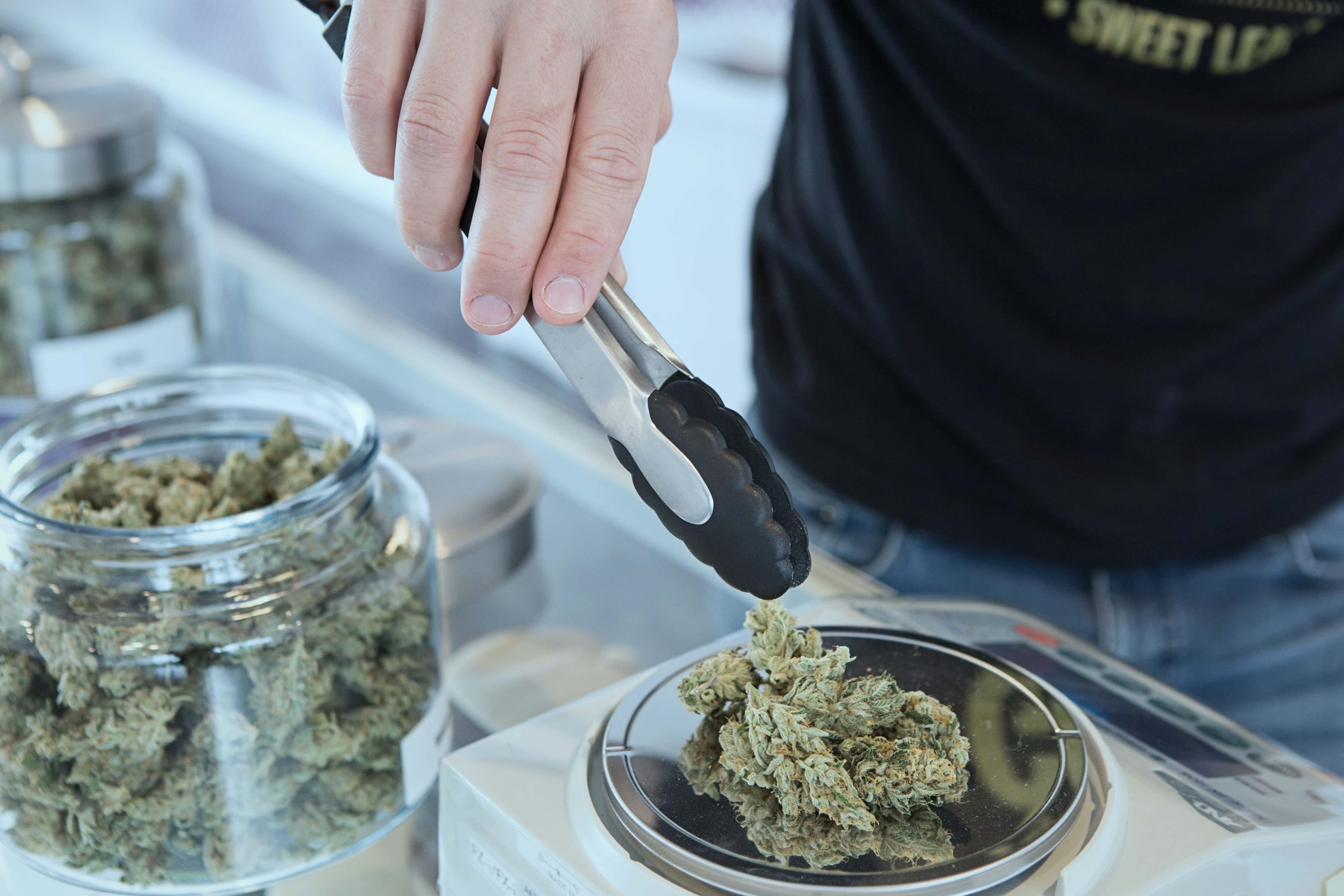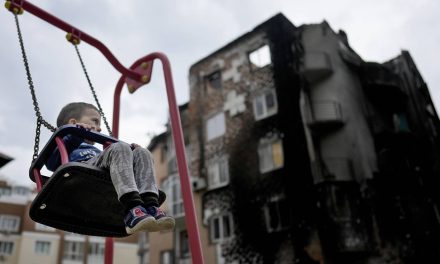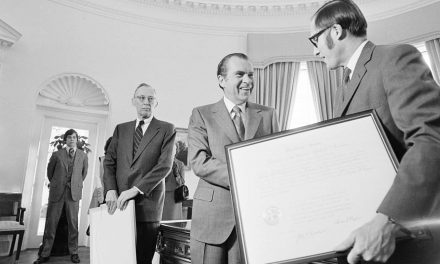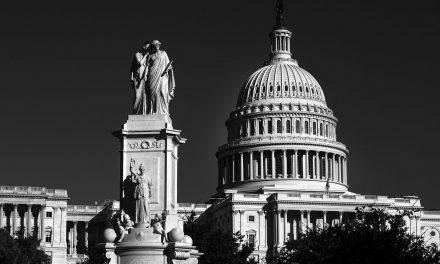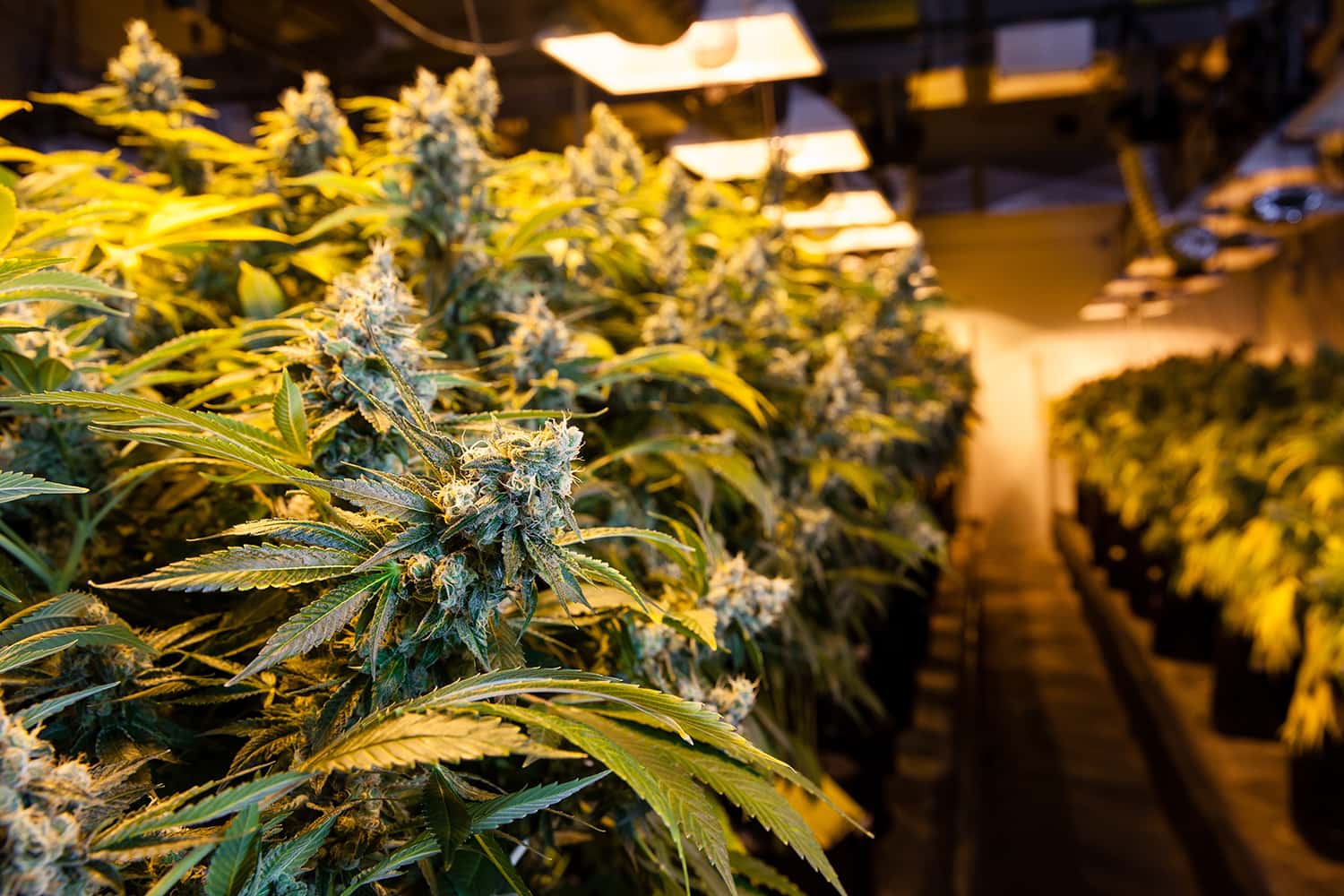
Governor Tony Evers will include a proposal in the next two-year budget to legalize recreational marijuana, as part of plan to generate more than $165 million each year for rural schools and underserved communities.
The proposal to tax and regulate marijuana similar to alcohol sales is likely to be shot down by the Republican-controlled Legislature, which has opposed efforts to legalize marijuana in the past. Thirty-six states have passed laws legalizing medical marijuana and 15 states are regulating recreational use of marijuana, including neighboring states Michigan and Illinois.
Governor Evers said in a statement that the proposal would provide more state revenue, create jobs and cut down on criminal justice system costs.
“Legalizing and taxing marijuana in Wisconsin — just like we do already with alcohol — ensures a controlled market and safe product are available for both recreational and medicinal users and can open the door for countless opportunities for us to reinvest in our communities and create a more equitable state,” said Governor Evers.
In 2018, voters in 16 Wisconsin counties and two cities supported ballot questions about the use of marijuana, a dozen of which were related to medical marijuana. Evers floated a proposal to legalize medical marijuana and decriminalize possessing small amounts under the current budget, but that was shot down by GOP leaders.
A Marquette University Law School poll in 2019 found 59 percent of voters think marijuana use should be legal while a significant majority — 83 percent — believe medical marijuana should be legalized.
Governor Evers is proposing to set aside $80 million of the proposed $165 million each year to invest in communities through a new fund that aims to improve equity and aid underserved communities. Of that, more than $34 million would boost sparsity aid to help rural school districts and any money leftover would go to the state’s main fund. The investment would begin in the second year of the 2021-2023 biennial budget.
The state Department of Revenue and the Department of Agriculture, Trade and Consumer Protection would be tasked with oversight of recreational marijuana under the proposal. Marijuana retailers would be required to obtain a permit from the Department of Revenue to operate, and people would have to be 21 or older to buy recreational weed. Minors would be prohibited from buying marijuana.
Those seeking to buy medical marijuana would not have to pay retail taxes under the proposal. Residents would be able to possess no more than 2 ounces of marijuana and six plants under the proposal. Those who live outside the state would be limited to .25 ounces of marijuana.
Supporters of legalization include Jay Selthofner, founder of Northern Wisconsin National Organization for the Reform of Marijuana Laws, or NORML. He said the governor’s announcement was exciting and sends a signal that Democrats are willing to support the measure. But, he acknowledged it was unlikely to pass in the budget. He would like to see lawmakers introduce a stand-alone bill to legalize marijuana and hold a public hearing.
“Prohibition is unconstitutional,” said Selthofner. “In my particular eyes, cannabis is safer than alcohol or cigarettes, and the wasteful spending we have on prohibition, which is not supported by science or the public, needs to change.”
Selthofner argued that Wisconsin has the opportunity to create or attract thousands of jobs. One report said Colorado’s cannabis industry now employs nearly 35,000 workers. He also contended that prohibition of marijuana use has highlighted racial disparities in the criminal justice system.
Under Wisconsin law, criminal possession of marijuana is charged as a misdemeanor on the first offense, but subsequent offenses can be charged as a felony. That could mean a fine of up to $10,000 or three-and-a-half years in prison. Wisconsin cities like Milwaukee, Madison, Eau Claire and Superior have made minor marijuana possession punishable by a fine.
The American Civil Liberties Union of Wisconsin has found that application of the law shows racial disparities in Wisconsin. In a report last year, the civil liberties group found Black people are four times more likely than white people to be arrested for marijuana possession in Wisconsin, ranking 14th in the nation for racial disparities in arrests for marijuana possession.
Four Wisconsin counties were ranked among the top 20 counties in the nation for racial disparities among marijuana possession arrests: Ozaukee, Manitowoc, Washington and Waukesha counties. Marijuana arrests in Wisconsin for sales and possession combined dropped from 19,261 in 2018 to 16,044 in 2019, according to most recent data available from the Wisconsin Department of Justice.
Danielle Kaeding
Originally published on Wisconsin Public Radio as Gov. Tony Evers Proposes Legalizing Recreational Marijuana Under State Budget

